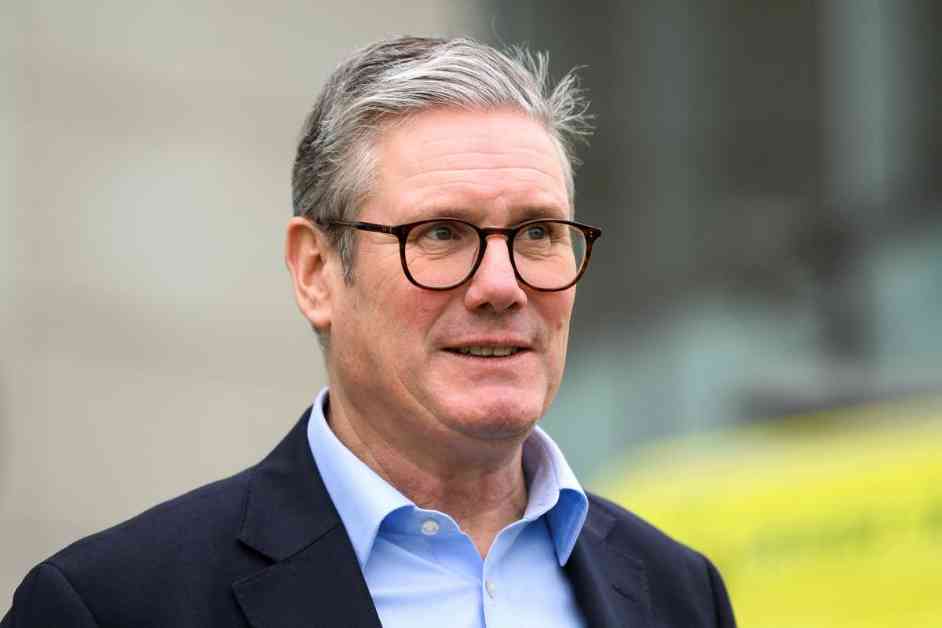The upcoming Budget is set to address the challenges faced by the UK economy as it navigates through the aftermath of the Conservatives’ legacy. Chancellor Rachel Reeves is preparing to make significant changes to the fiscal rules, allowing for around £50 billion to be allocated towards infrastructure investment. This move is expected to be accompanied by tax increases and spending cuts amounting to approximately £40 billion per year.
Sir Keir Starmer, who is currently attending the Commonwealth Heads of Government Meeting in Samoa, emphasized the importance of confronting the economic realities inherited from the previous government. He underscored the need to address these challenges head-on rather than deferring them for future generations to grapple with.
The Budget is being positioned as a critical opportunity to lay down the groundwork for the country’s economic recovery and future growth. Sir Keir emphasized the significance of this Budget in shaping the economic approach of the government and providing a roadmap for future financial stability.
In addition to the infrastructure investments, the Budget is expected to focus on enhancing public services such as the NHS while also ensuring greater financial stability for the country. Sir Keir reiterated Labour’s commitment to honoring its manifesto pledges and dismissed concerns about potential changes to capital gains tax leading to an exodus of entrepreneurs from the UK.
Chancellor Rachel Reeves, who is set to attend key international meetings in Washington, DC, has described the upcoming Budget as a reset for the UK economy. She highlighted the importance of economic stability in strengthening Britain’s position as a global partner and expressed her intention to showcase the country’s commitment to future growth and stability on the international stage.
The IMF’s deputy managing director, Gita Gopinath, welcomed the proposed changes to the fiscal rules, emphasizing the need for increased public investment in the UK. She pointed out that compared to other G7 countries, the UK’s investment levels have been lagging and stressed the importance of stabilizing national debt over the next five years.
Overall, the Budget is shaping up to be a pivotal moment for the UK economy, with a focus on addressing immediate challenges, laying down a foundation for future growth, and signaling the government’s commitment to fiscal responsibility and economic stability. As the country navigates through post-pandemic recovery and economic uncertainties, the decisions made in this Budget are likely to have far-reaching implications for the UK’s economic trajectory in the years to come.












